Morality does not always have to be about religion. Psychologist Lawrence Kohlberg did not include religion in the moral development stages he created based on this idea. He divided moral development into three stages.
your morals The history of the debates about what it is can be said to be as old as the history of humanity. The philosopher of each era also defines morality according to himself. Although some of the definitions made reach us, some of them disappear with that civilization over time.
Out of the definitions Plato As there are those who argue that there can be no universal moral principles such as Socrates There were also those who argued that universal moral values would not change, even if the behavior of people like This debate still continues today. One of those who think that there are universal moral rules is a psychologist. Lawrence Kohlberg. He not only thought, but also formed the stages of moral development with his experiments.
According to Kohlberg, morality; reasoning about right-wrong, good-bad.
morality according to Kohlberg cognitive level all regardless of religion develops. Person in the process of development; makes a conscious judgment on what is good and bad, right and wrong. As a result of this judgment, he makes a decision and acts as a result of this decision. Since this whole process takes place in the brain, Kohlberg argues that morality is reasoning capacity sees it as a connected experiential field.
The development of morality three phases and six steps According to Kohlberg, who thinks that it is in the form of a moral development, a person cannot move on to another without completing one moral development stage, and moral development stages follow each other in order.
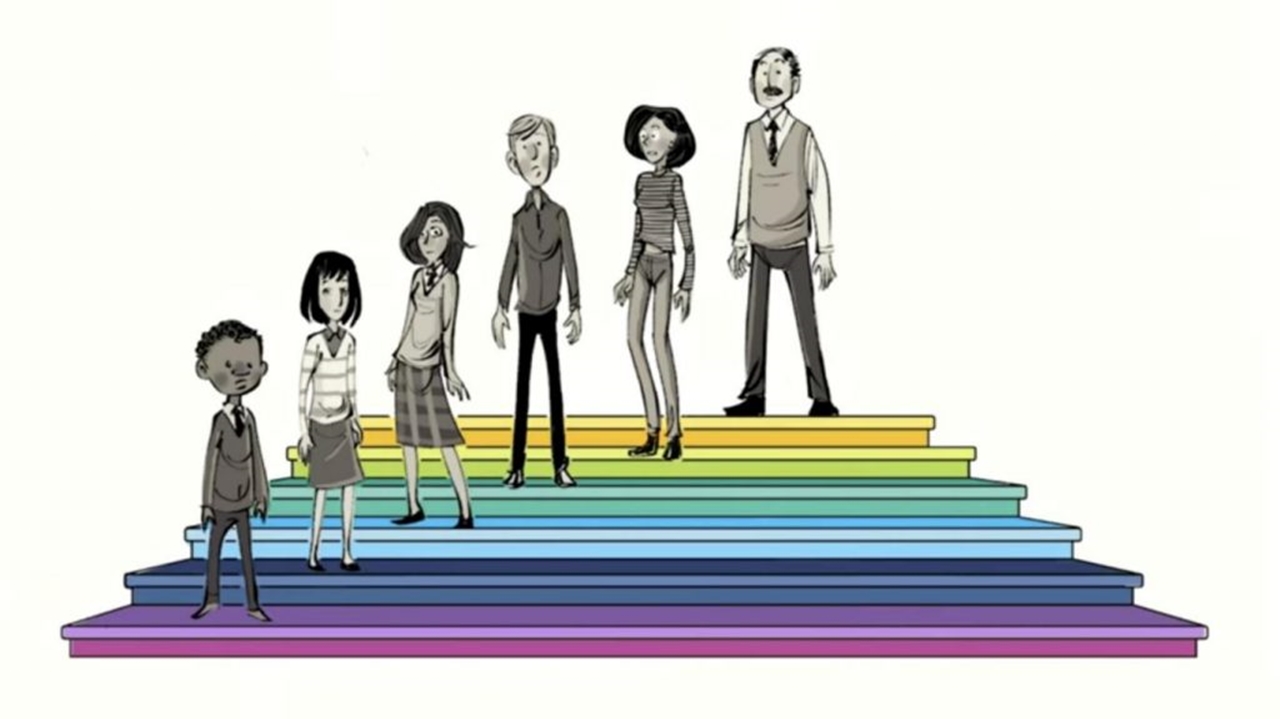
One cannot be passed until the other is completed. As these moral periods are overcome, the person realizes some learning with the contribution of the social environment. As a result of their learning, they gain some experience. These experiences make the person mature.
1. Pre-conventional Period: This is how we saw it from our parents!

person in this period there is no right and wrongCulture determines its rights and wrongs. This period is divided into two:
a. Punishment and obedience: The cause of my crime is not important, the greater the crime, the greater the punishment should be.

For people in this period, the intention behind the events is not important. Even if the events were not done intentionally, punishment should be something that should not be done. Everything must be done to avoid punishment This is the philosophy of the people of this period.
b. Instrumental relations (pure selfish disposition): Everything is reciprocal.
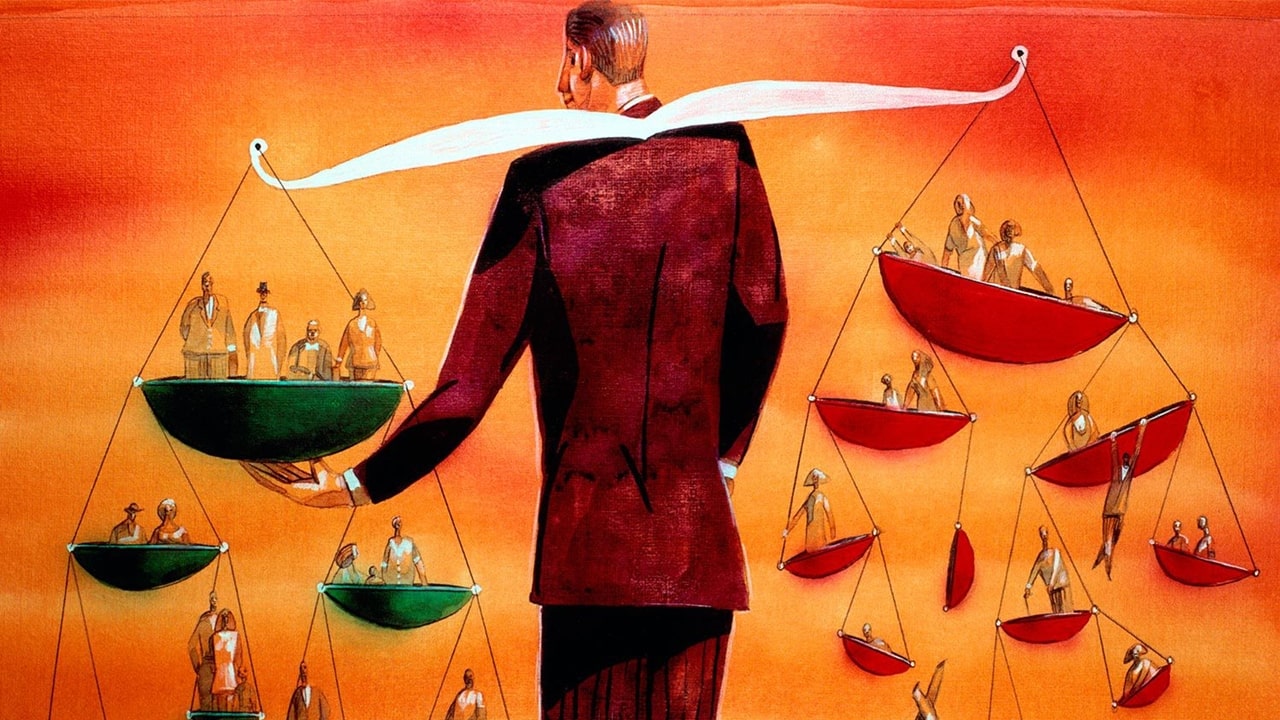
Individuals at this stage of moral development can now understand whether there is intent behind events. They are also aware of other people’s needs but still own interests first is found. The logic of “If you do this for me, I will do it for you” is at the forefront.
2. Traditional Period: Take me and me among you…
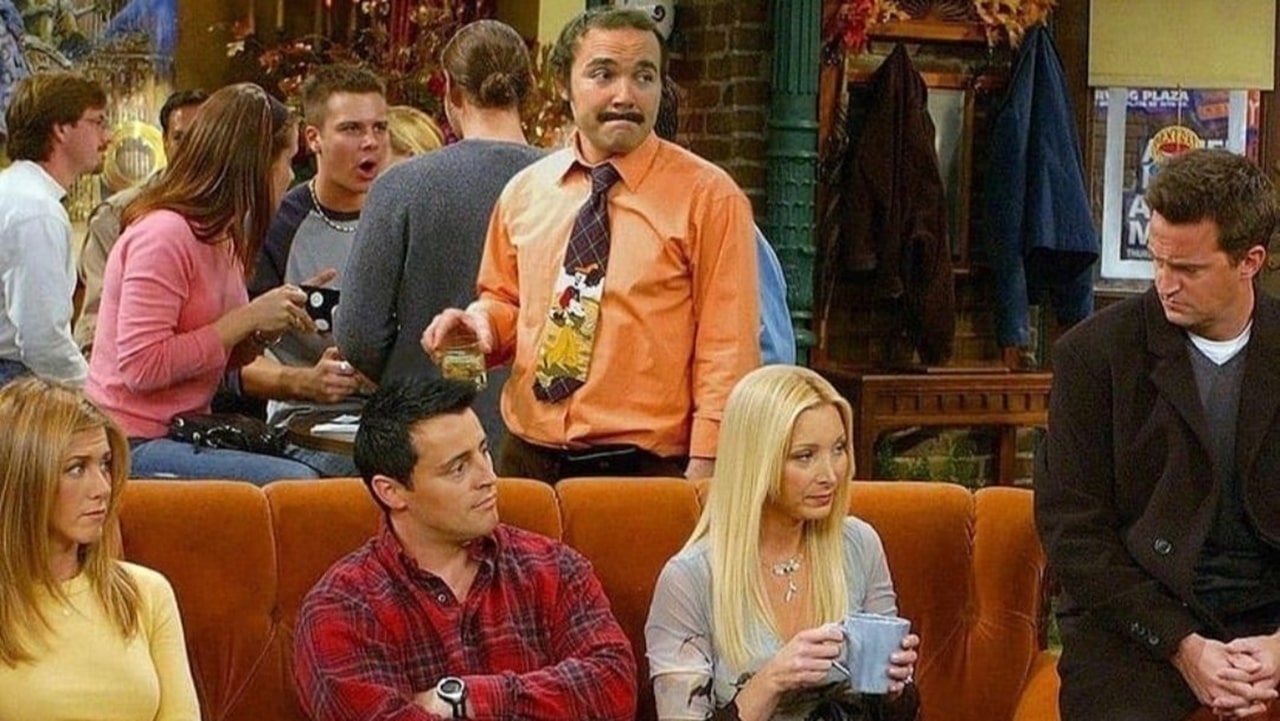
People in this developmental stage act according to the rules of the group they are in and try to be adopted by that group. they are in The interests of the group come before their own. This period also consists of two sub-stages:
a. Interpersonal compatibility tendency: Look, I’m the best.
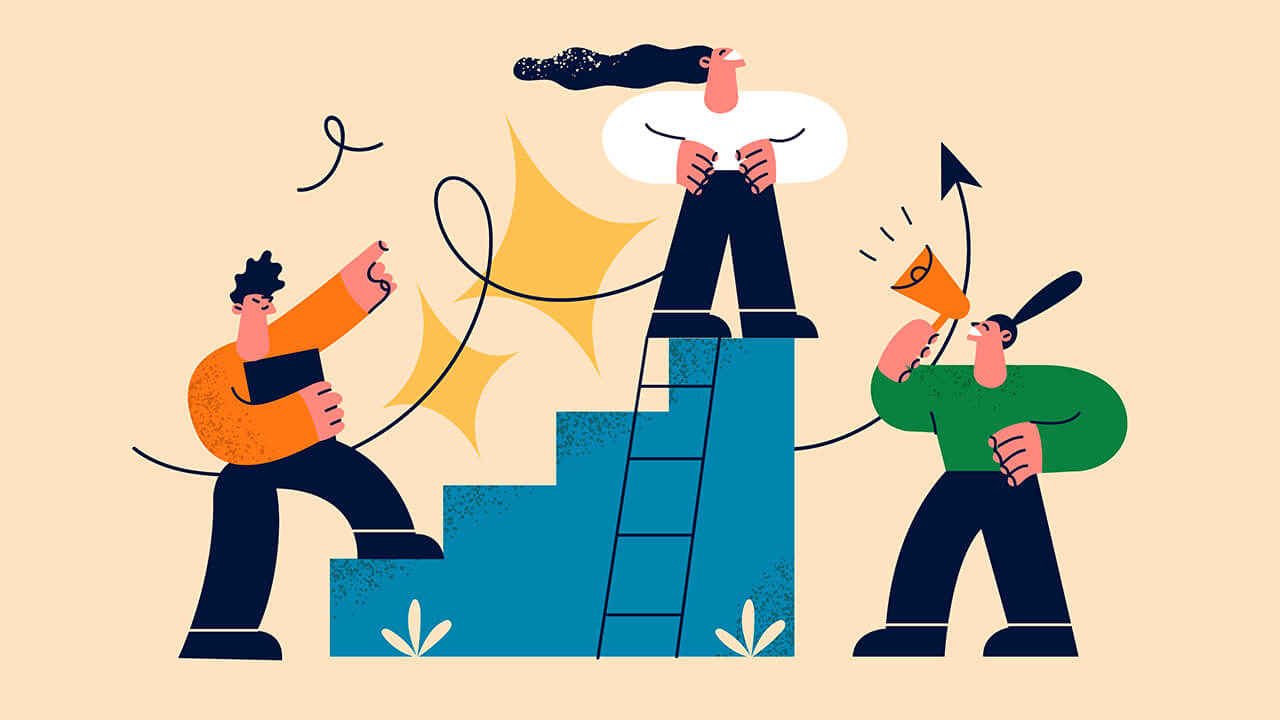
empathy these individuals developing egocentrism is reduced. It becomes her greatest desire to be approved by others. Helping the members of his group makes him happy.
b. Law and order trend: whatever the rule is.
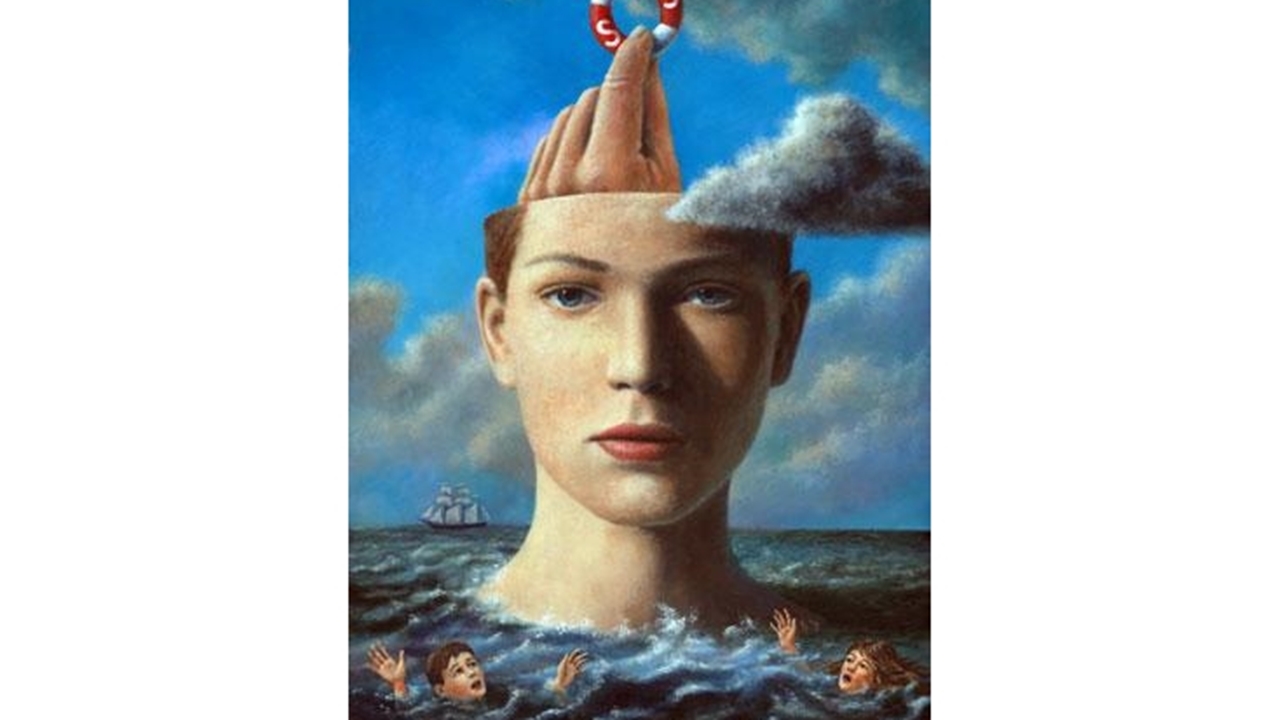
Most adults are thought to be in this period. The important thing is the rules. The rules cannot be changed, bent, must be obeyed philosophy dominates this period.
3. Post-conventional Era: Whatever pops into my head!
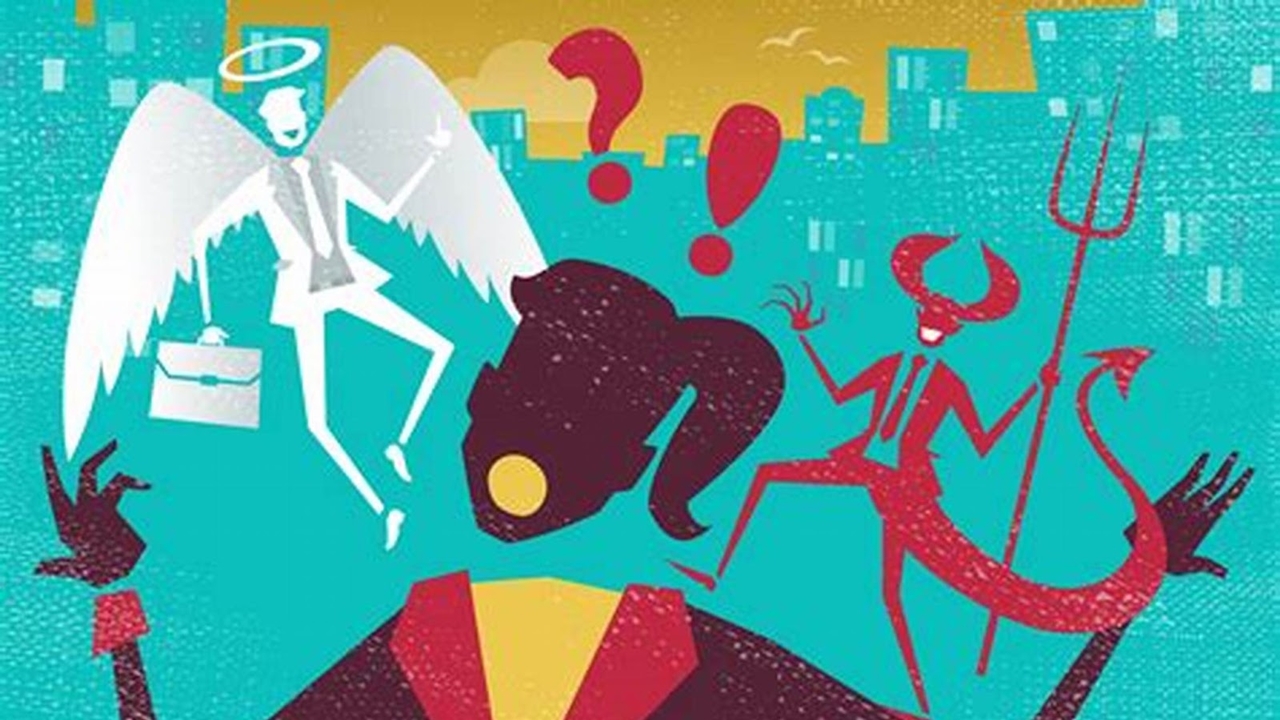
It is the final stage of moral development. and is divided into two. In this period, the individual has mastered all moral principles. He chooses the principles he wants to obey independently of the group and authority he is in.
a. Social Contract trend: Fundamental rights and freedoms come first.
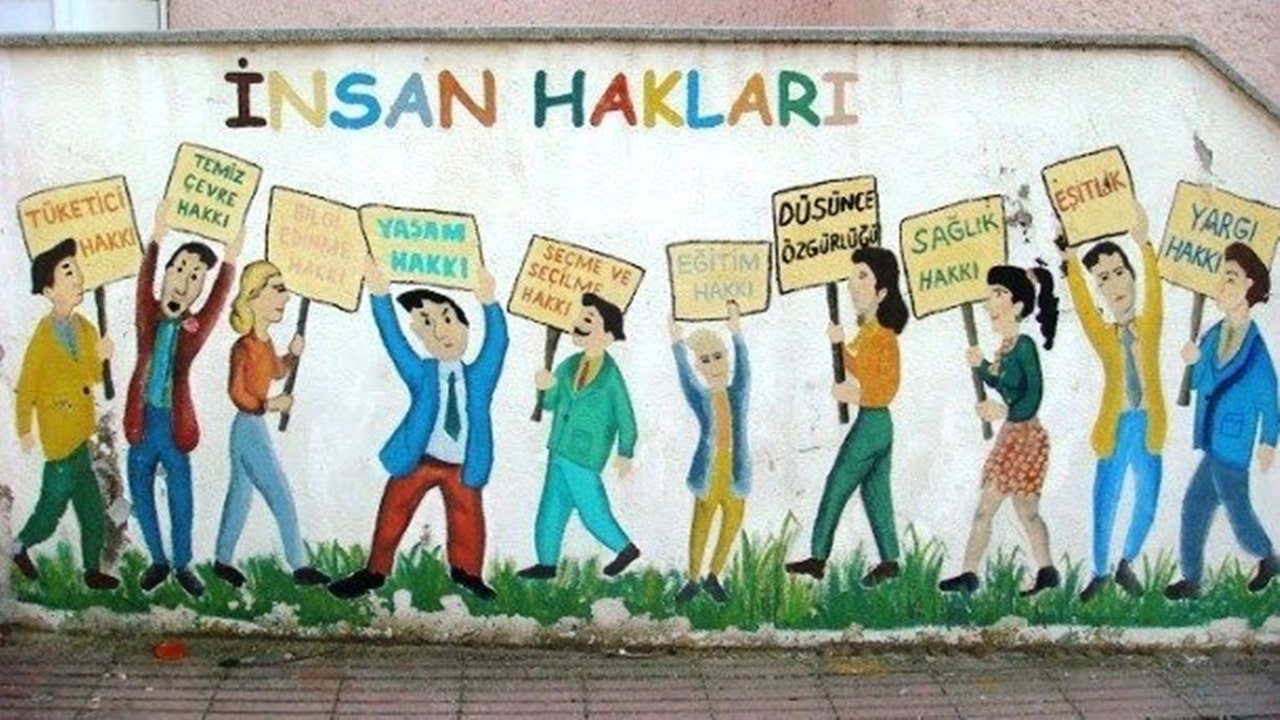
Social rules and values from the filter of criticism The most important concepts for individuals in this period human rights and freedom concepts such as
b. The trend of universal moral principles: This is the pinnacle.
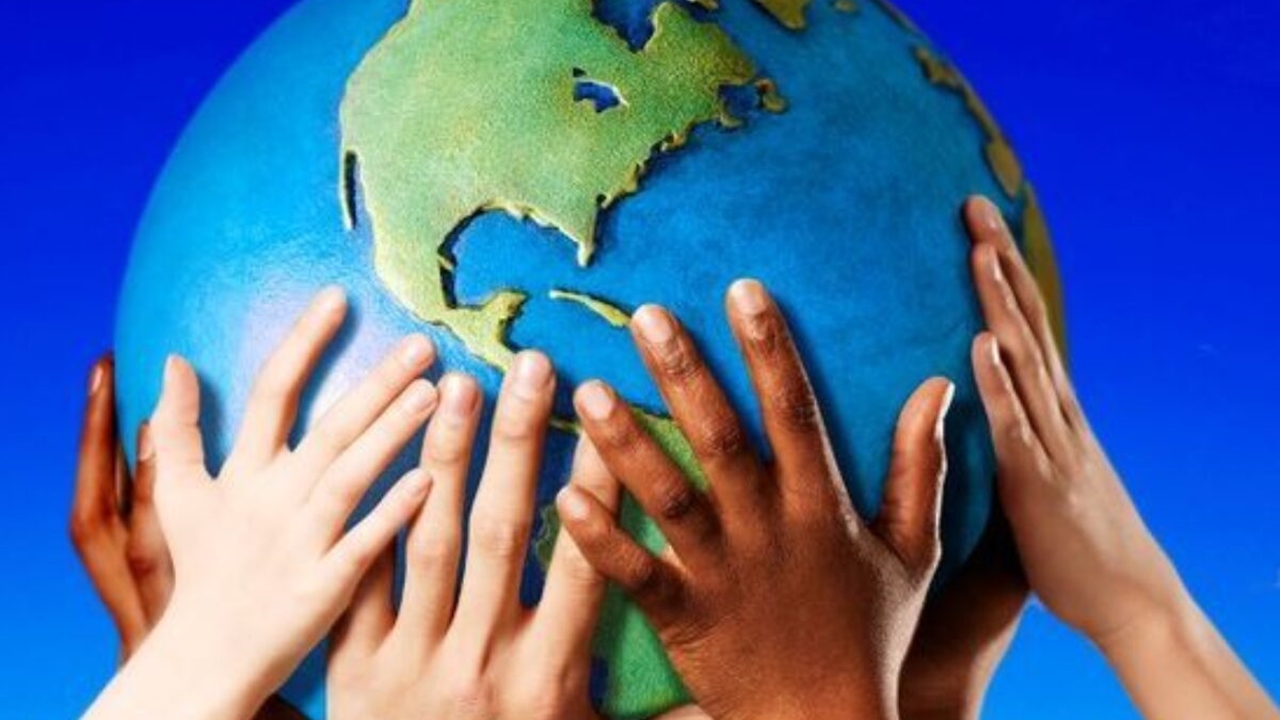
It is the last stage and the most important issue for the individual. equality of all people and justice. The concepts discussed are generally abstract. Here, the individual considers the interests of all people. that everyone should live humanely emphasizes and creates the moral rules for it.
Note: The theory is that the moral development steps are few in number and does not reflect society criticized in terms of Another point that has been criticized is that Kohlberg, while creating the theory, completely ignoring religion is the opinion. However, religion is very common in societies and people can form their moral principles according to the religion they follow.
Sources: 1, 2, 3,
RELATED NEWS
It Has Been Scientifically Proven That Societies Who Believe in Moral Collapse Choose ‘Immeasurable Leaders to Shake the System’
RELATED NEWS
